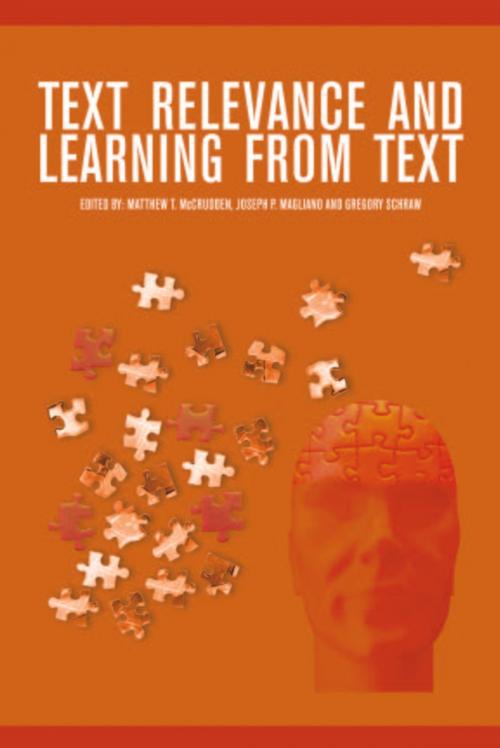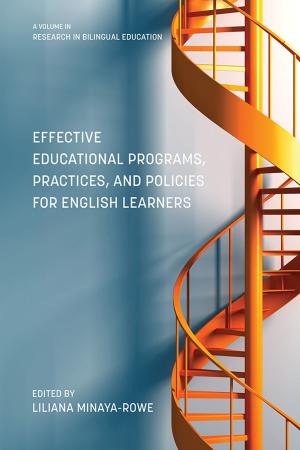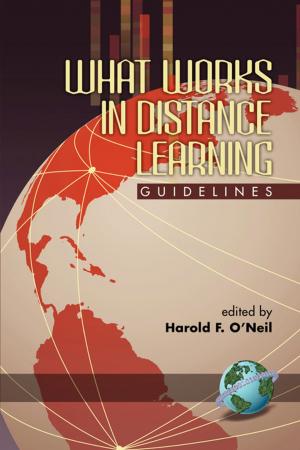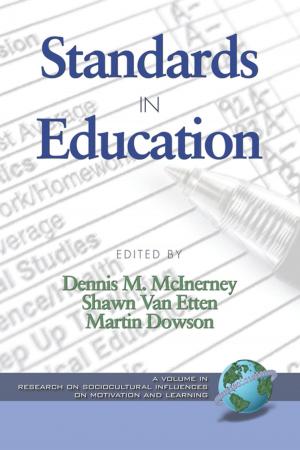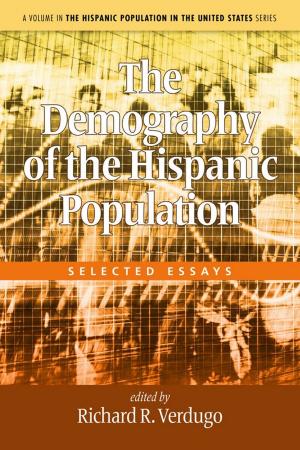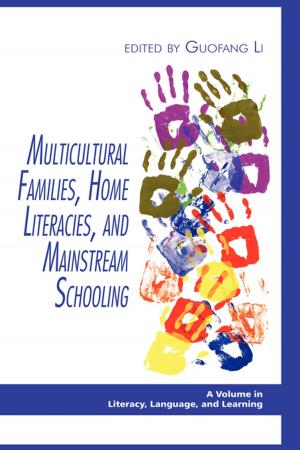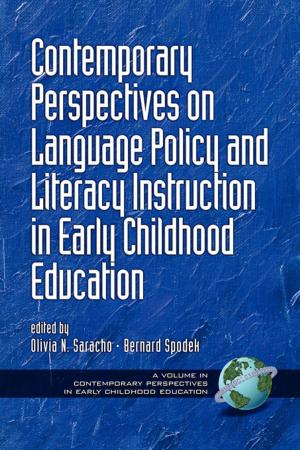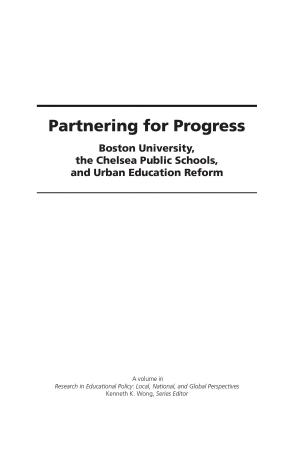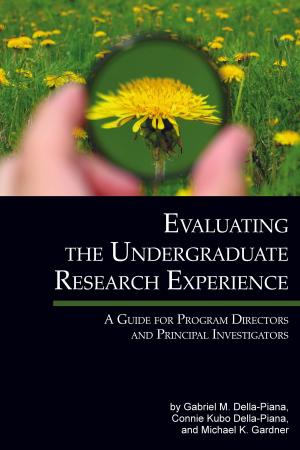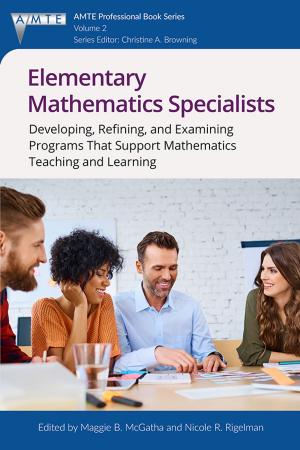| Author: | ISBN: | 9781617355318 | |
| Publisher: | Information Age Publishing | Publication: | August 1, 2011 |
| Imprint: | Information Age Publishing | Language: | English |
| Author: | |
| ISBN: | 9781617355318 |
| Publisher: | Information Age Publishing |
| Publication: | August 1, 2011 |
| Imprint: | Information Age Publishing |
| Language: | English |
Why do people from similar backgrounds who read the same text construct different meanings? Is there a question behind every reading goal, such that reading is an interactive process of asking and answering of questions? Do people who believe that knowledge is dynamic construct meaning differently than those who believe that knowledge is certain? This volume addresses questions such as these and presents cutting edge research and theory that explores how readers determine text relevance (i.e., the different values they assign to information as they read), how relevance affects understanding, and the implications of these studies for theories of text comprehension. This volume documents in a compelling manner the ongoing international effort to understand how text relevance affects reading and comprehension. Contributing authors represent major academic institutions on three continents and nine countries, demonstrating the multinational interest in text relevance. Why is there so much interest in text relevance? Learners are inundated with unprecedented amounts of information, and increased research regarding how readers process nontraditional texts (e.g., documents on the web) and multiple documents, for example, underscores the importance of understanding how readers determine the relevance of text information for personal, academic, or professional goals, which can enable educators to design learning situations that help learners get the most out of reading.
Why do people from similar backgrounds who read the same text construct different meanings? Is there a question behind every reading goal, such that reading is an interactive process of asking and answering of questions? Do people who believe that knowledge is dynamic construct meaning differently than those who believe that knowledge is certain? This volume addresses questions such as these and presents cutting edge research and theory that explores how readers determine text relevance (i.e., the different values they assign to information as they read), how relevance affects understanding, and the implications of these studies for theories of text comprehension. This volume documents in a compelling manner the ongoing international effort to understand how text relevance affects reading and comprehension. Contributing authors represent major academic institutions on three continents and nine countries, demonstrating the multinational interest in text relevance. Why is there so much interest in text relevance? Learners are inundated with unprecedented amounts of information, and increased research regarding how readers process nontraditional texts (e.g., documents on the web) and multiple documents, for example, underscores the importance of understanding how readers determine the relevance of text information for personal, academic, or professional goals, which can enable educators to design learning situations that help learners get the most out of reading.
